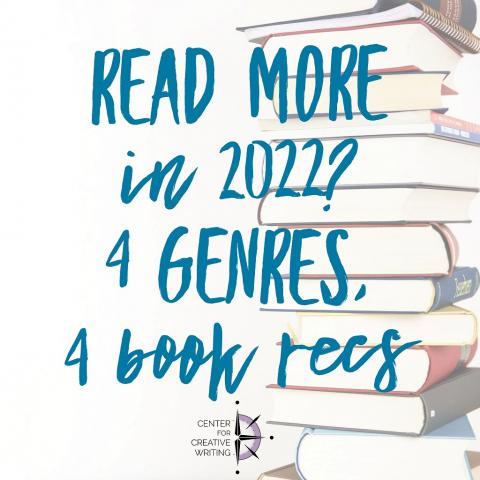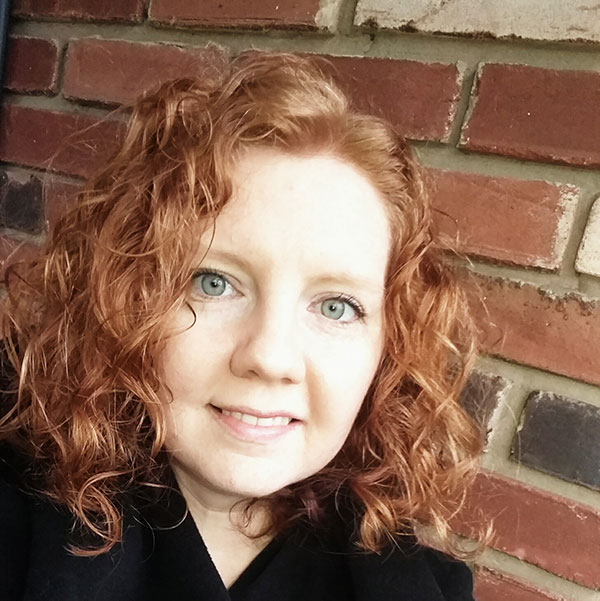
After the last two years, maybe we should throw our old toxic ideas of resolutions out in favor of goals that enrich the mind and soul.
If you are looking for a few good books to get you started in 2022 (and who isn’t?), I have recommendations.
Poetry
Partial Genius, prose poems by Mary Biddinger
Prose poems and I have had a fraught journey full of derision. “Will somebody think about the line breaks!” I would exclaim. But over time, I have come to appreciate the way well-crafted sentences can evoke the emotional truth without the tension of line breaks.
What carries us through, as always, is the image. Biddinger’s collection of prose poems reads like a series of stories told over cheap liquor and cigarettes by your favorite cousin. They shift and slide from one topic to another, but somehow layer and label emotional truths, pin them like butterflies to a display case.
Ask yourself not what is happening in this poem, but what/who is feeling in this poem: “The younger versions of ourselves only thought of where the / train was going, not considering the sparks made by the rails, / wondering what crouched in the tall grasses blanketing stops / long abandoned.”
Fiction
Saint Monkey, a novel by Jacinda Townsend
This novel pulls you into the world of Audrey and Caroline right from the jump with rich descriptions of the community that makes up their lives in 1950’s rural Kentucky.
Townsend could write a sentence and you know the character’s life story. She also paints a lush and dynamic scene as her characters navigate New York City: “Here in New York, wearing one’s own hair was precisely not the point, though I hadn’t yet realized that the costumed self might yet be the self.”
Craft
Save the Cat Writes a Novel, by Jessica Brody
Developed from the screenwriter's seminal text Save the Cat!, this version translates a story’s “beats” into the structure of a novel. It’s almost eerie how a novel written a hundred years ago still falls into this structure of plot points.
What I really enjoy about this book is Brody’s breakdown by genres with “beat sheets” for famous novels, so you have tangible examples of what the different points look like. This technique is good for writers who like to outline a book and writers who just like to see where the story takes them. There’s also helpful information about querying agents after you’ve finished.
Nonfiction
How We Show Up, by Mia Birdsong
The subtitle for this book is Reclaiming Family, Friendship and Community. Though Birdsong wrote it before the pandemic, I think COVID has rendered many of us in need of some reclaiming and letting ourselves be claimed, be it through a community trying new ways to reinforce old connections, through family rituals forgotten or ignored, or through the emotional agape we had with our friends.
This book shows us what it means to be accountable and vulnerable as a means (the only means) to a collective well-being. As Birdsong says, “...you can’t hold another person accountable. You can support someone’s accountability, but we hold ourselves accountable.”
The same goes for your reading practice in the new year!
Have you read any of these titles yet? Will you in 2022? Which one speaks to you the most? Share with us in the comments.
Related reading: Read more to write better
Want to receive tips and inspiration like this in your inbox every Sunday morning? Join our email list community! You will receive weekly advice, a year’s worth of weekly writing prompts as a FREE download, and be eligible to participate in our monthly photo prompt contest for a chance to share an original piece of writing with our community of nearly 2,000 subscribers!
